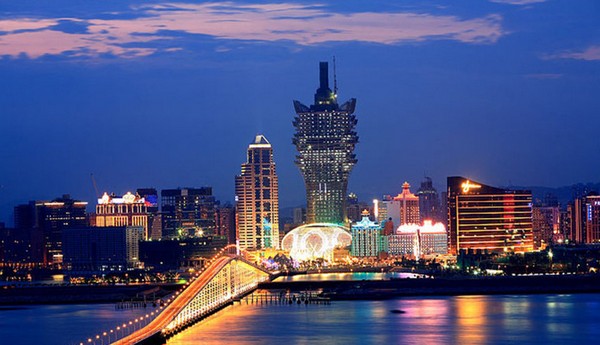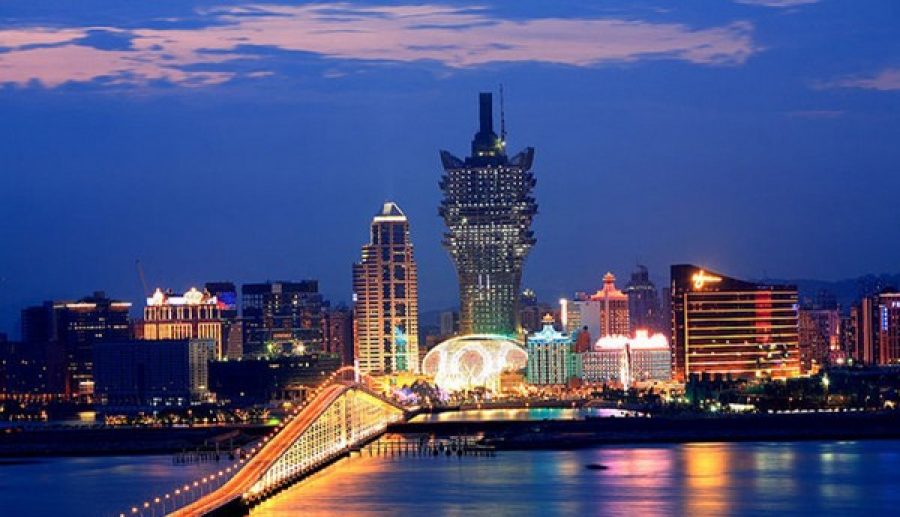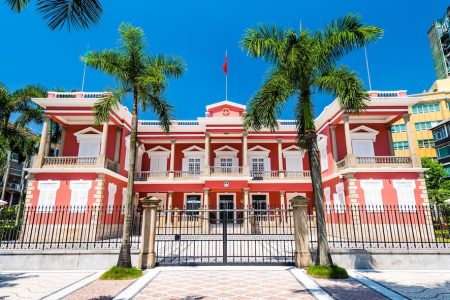Macau Cultural Resources Association (MCRA) Vice President Cheong Cheok Fu said Tuesday that while residents should not reject the universal value of democracy, neither should they rush to demand the introduction of universal suffrage to elect the chief executive and all lawmakers as they are not yet fully prepared.
Cheong made the remark on the sidelines of a meeting at Hotline Building in Nape hosted by the association on Macau’s political and cultural development. Cheong said the most important issue now was to educate the public about what universal suffrage.
The renowned poet and former journalist, who works for the Civic and Municipal Affairs Bureau (IACM), also said it was not the right time yet to implement universal suffrage in Macau, saying that the public should not “sacrifice” their votes for “petty” items. “If there’s universal suffrage now, can you imagine what kind of candidate would become the next chief executive?” Cheong asked rhetorically.
Cheong argued that Macau people’s level of civic education is not high. He said that Chief Executive Fernando Chui Sai On should take action to change the predicament. He also said it was important to give local youths a better understanding of the concept of democracy and not to treat it as something bad, adding that residents could treat local activists’ controversial “civic referendum” in late August as a reflection of public opinion as there was no need to disparage those who support it.
Alexis Tam Chon Weng, the government’s chief spokesman, said recently that the “referendum” was “invalid and illegal.” The Liaison Office of the Central People’s Government in Macau has said that it agrees with the local government’s rejection of “illegal referendum”.
Meanwhile, MCRA Chairman Ching Cheung Fai echoed Cheong views, saying that while he agreed that the number of directly-elected lawmakers should be increased, it would be better for Macau to take a step-by-step approach towards universal suffrage. Ching is a retired Chinese language and culture professor.
A total of 14 of the 33 members of the Macau Legislative Assembly (AL) are directly elected by popular vote. Another 12 lawmakers are indirectly elected by representatives of business, labour and other associations. The remaining seven legislators are appointed by the chief executive.
Unlike its Hong Kong counterparts, the Macau Basic Law does not call for the introduction of universal suffrage. However, the Basic Law states that the city’s methods of electing its lawmakers and chief executive can be amended by a two-thirds majority of all the members of the local legislature and the consent of the chief executive. While any amendment to the method of electing the chief executive must be reported to the Standing Committee of the National People’s Congress (NPC) “for approval”, any amendment to the method of electing the city’s lawmakers must merely be reported to the NPC Standing Committee “for the record.”
The Sino-Portuguese Joint Declaration on the Question of Macau states that the “majority” of the Legislative Assembly must be elected, which means that not all lawmakers could be elected, central government officials have said.(macaunews/macaupost)






